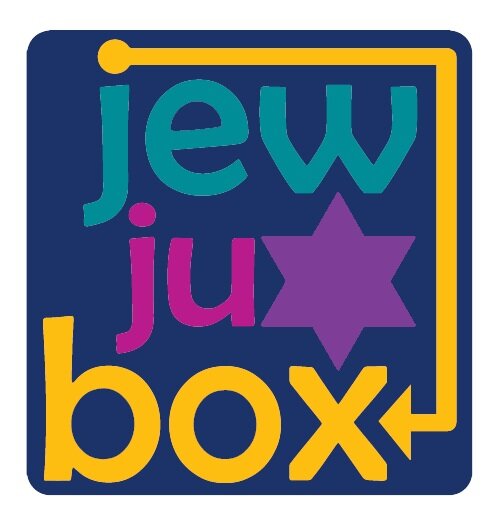What is written inside a Mezuzah?
“Mezuzah” means doorpost, but it has come to mean the object that Jews hang outside their doors, on the doorpost. It’s composed of two parts, the scroll, sometimes called a klaf (קְלָף ) which has the words of the mezuzah, and a case for the scroll.
The Mezuzah scroll includes two paragraphs from Torah. One is from Deuteronomy 6:4-9:
Hear, O Israel! יהוה (Adonai) is our God, יהוה (Adonai) alone.
You shall love your God יהוה with all your heart and with all your soul and with all your might. Take to heart these instructions with which I charge you this day. Impress them upon your children. Recite them when you stay at home and when you are away, when you lie down and when you get up. Bind them as a sign on your hand and let them serve as a symbol on your forehead; inscribe them on the doorposts of your house and on your gates.
And the other from Deuteronomy 11:13-21
If, then, you obey the commandments that I enjoin upon you this day, loving your God יהוה and serving [God] with all your heart and soul, I will grant the rain for your land in season, the early rain and the late. You shall gather in your new grain and wine and oil— I will also provide grass in the fields for your cattle—and thus you shall eat your fill. Take care not to be lured away to serve other gods and bow to them. For יהוה’s anger will flare up against you, shutting up the skies so that there will be no rain and the ground will not yield its produce; and you will soon perish from the good land that יהוה is assigning to you. Therefore impress these My words upon your very heart: bind them as a sign on your hand and let them serve as a symbol on your forehead, and teach them to your children—reciting them when you stay at home and when you are away, when you lie down and when you get up; and inscribe them on the doorposts of your house and on your gates— to the end that you and your children may endure, in the land that יהוה swore to your fathers to assign to them, as long as there is a heaven over the earth.
“These words” are taken to mean the Shema – “Hear, O Israel! יהוה is our God, יהוה alone.”, sometimes called the watchword of our faith, and the commandments about how to remember and teach them. So the mezuzah almost literally carries out the commandment to “inscribe them on the doorposts”. In fact, in times past, they would be literally painted or carved into doorposts.
On the back of the scroll is a name for God – Shaddai (שַׁדַּי)– so that, when the scroll is rolled in the case, it is visible at the back.
If you’re interested in learning more about the Mezuzah, this article is quite informative (https://people.howstuffworks.com/mezuzah.htm)
The scroll is considered to be “kosher” – meaning ritually fit – if it is written on a specific type of parchment (which is what the word “klaf” actually refers to), with specific ink, by a certified scribe. Each letter must be correctly formed, and of course, all the words must be included and spelled correctly. Needless to say, this makes it quite expensive.
Our mezuzahs include a photocopied scroll, but we also make available – at our cost – a kosher scroll if it’s important to you. While traditionally a mezuzah is hung permanently, with nails or screws, ours include temporary mounting options, so they are suitable for places where making holes is prohibited or impractical.
You can add them to any of our boxes, or order them on their own here .


